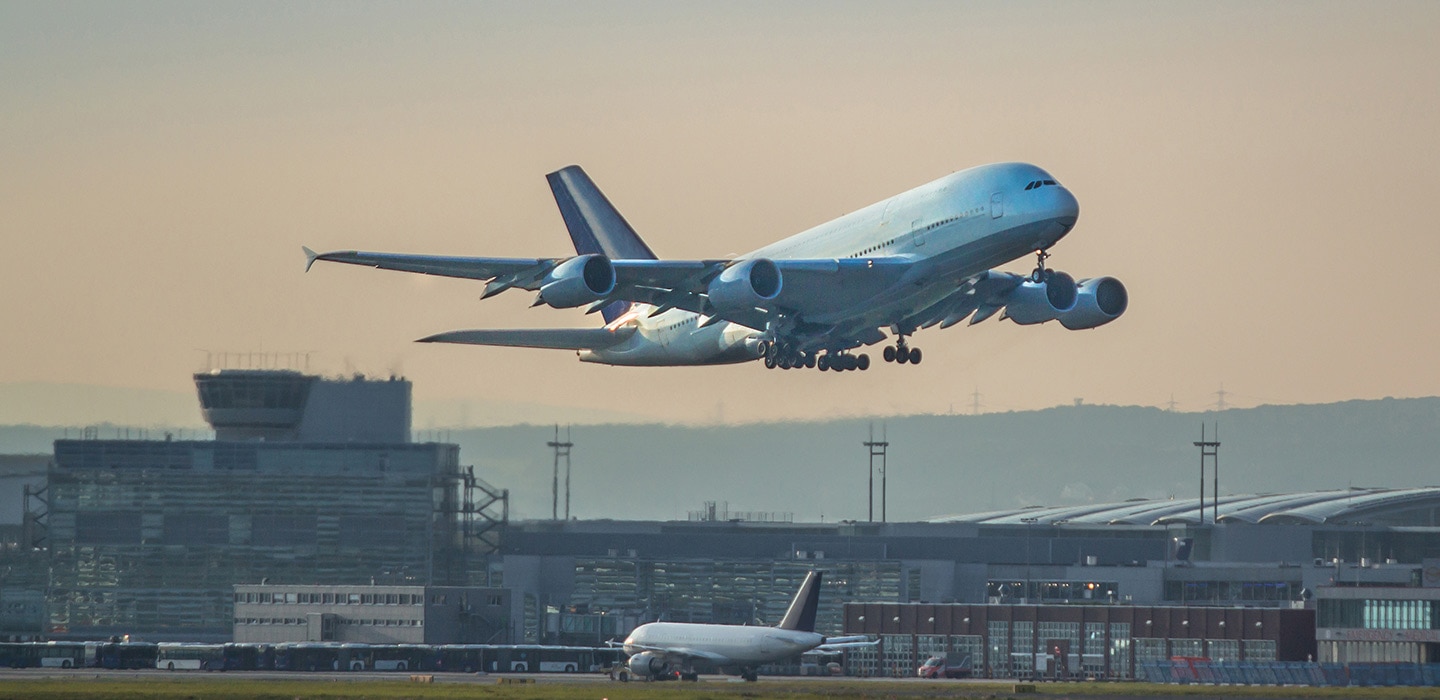-
Featured services
2026 Global AI Report: A Playbook for AI Leaders
Why AI strategy is your business strategy: The acceleration toward an AI-native state. Explore executive insights from AI leaders.
Access the playbook -
Services
View all services and productsLeverage our capabilities to accelerate your business transformation.
-
Services
Enterprise Networking
-
Services
Cloud
-
Services
Consulting
-
-
Services
Data and Analytics
-
Services
Infrastructure Solutions
-
Services
Global Data Centers
-
Services
CX and Digital Products
-
Services
Application Services
-
-
Services
Digital Workplace
-
Services
Business Process Services
-
Services
Generative AI
-
Services
Cybersecurity
-
Services
Enterprise Application Platforms
![]()
Accelerate outcomes with agentic AI
Optimize workflows and get results with NTT DATA's Smart AI AgentTM Ecosystem
Create your roadmap -
-
-
Insights
Recent Insights
-
The Future of Networking in 2025 and Beyond
-
Using the cloud to cut costs needs the right approach
When organizations focus on transformation, a move to the cloud can deliver cost savings – but they often need expert advice to help them along their journey
-
Make zero trust security work for your organization
Make zero trust security work for your organization across hybrid work environments.
-
-
![]()
2026 Global AI Report: A Playbook for AI Leaders
Why AI strategy is your business strategy: The acceleration toward an AI-native state. Explore executive insights from AI leaders.
Access the playbook -
-
Discover how we accelerate your business transformation
-
About us
CLIENT STORIES
-
Liantis
Over time, Liantis – an established HR company in Belgium – had built up data islands and isolated solutions as part of their legacy system.
-
Randstad
We ensured that Randstad’s migration to Genesys Cloud CX had no impact on availability, ensuring an exceptional user experience for clients and talent.
-
-
CLIENT STORIES
-
Liantis
Over time, Liantis – an established HR company in Belgium – had built up data islands and isolated solutions as part of their legacy system.
-
Randstad
We ensured that Randstad’s migration to Genesys Cloud CX had no impact on availability, ensuring an exceptional user experience for clients and talent.
-
![]()
2026 Global AI Report: A Playbook for AI Leaders
Why AI strategy is your business strategy: The acceleration toward an AI-native state. Explore executive insights from AI leaders.
Access the playbook -
- Careers
Summary


Business need


Building a base on which to implement technologies for the future
Frankfurt Airport is home to airlines, air traffic control, police authorities, airport fire department and many more. And all these interconnected elements have to communicate to keep operations running smoothly and ensure safety.
The aviation industry depends greatly on communication and exchanging accurate, up-to-data information. "As an operator of a critical infrastructure, it’s really important for us to keep data safe and secure. And the best way of doing that is staying in control of the complete data flow in our network," explains Fritz Oswald, Senior Vice President IT Infrastructure, Fraport AG.
While the airport buildings have secure networks, a network for digitization and optimization would have to cover the entire airport, including the apron, the runway and the perimeter. The planes’ wings block Wi-Fi signals, so technicians working underneath the plane can experience connectivity problems. In addition, large volumes of data from IoT devices have to be transmitted in real time, which traditionally requires a wired network. But laying cables would be expensive and impractical.
"The biggest challenge was to create a base on which we could implement upcoming technologies for the future. We’re already testing different new technologies for activities on the airfield," says Anke Giesen, Member of the Executive Board and Executive Director Retail and Real Estate at Fraport. "The implementation of the private 5G network is the most important step for that future."
"When we were looking for a partner, we wanted someone who understood our business and was able to overcome challenges associated with new technology."
Solution


Partnering to explore the potential of real-time data exchange
Fraport partnered with NTT to implement private 5G as part of their overall strategy to optimize operations. We supported them throughout the project, from surveying the site and buildings to designing the architecture and implementing the necessary software and hardware infrastructure.
Fraport had already implemented AI to enhance airport operations at Frankfurt Airport. Adding a secure, low-latency, high-bandwidth network that can transmit data in real time is key to enabling optimization and automation.
"We’ve already put many pieces of the puzzle together – we’re dealing with artificial intelligence, we’re dealing with private 5G and we’re dealing with IoT," says Dr. Wolfgang Standhaft, CIO, Fraport AG. "And we’ve already experimented with the new ideas that come from putting all these things together."
The airport is planning various use cases, such as using drones to monitor the fence surrounding the airport and transmitting information from drone cameras to the command center. Another idea is to use sensors, cameras and AI to detect foreign objects on the apron; these are dangerous and can cause serious accidents.
"We did intensive market research upfront, and NTT was one of only a few partners who had already implemented private 5G for a smaller airport in Germany. We decided to go with them because we knew that partnering with them would make new, innovative things happen."
Outcomes


Real-time data clears airport operations for take off
With private 5G, Fraport has a network that covers the entire airport, even under plane wings where Wi-Fi can’t reach. The network is secure and meets European data safety requirements. Being able to transmit large volumes of data in real time allows the airport to connect to everyone in the area and offers the opportunity to optimize the airport through innovative use cases.
Creating a safer airport
The safety and effective management of an airport depends on communication. Having a fast network that can transmit data in real time enables the airport, airlines and ground handlers the information they need to react to situations fast.
Building a base to support new technologies
Private 5G offers the reliability of a cabled network with the added benefit of being able to connect moving objects such as vehicles or airport equipment. Having a high-speed, uninterruptable network with low latency that can support huge volumes of data supports both current and future use cases.
Enabling partners
Many organizations do business at the airport and can profit from the new private 5G network in order to optimize their own processes.
Fraport AG
One of the leading players in the global airport business, Fraport AG offers a wide range of operational and management solutions. Fraport’s portfolio of companies spans four continents with activities at 28 airports worldwide. Fraport puts the customer in focus with their promise of providing all travelers a good trip.
At their Frankfurt Airport (FRA) home base, Fraport welcomed more than 70.5 million passengers and handled 2.1 million metric tons of cargo (airfreight and airmail) in 2019. During peak times, like summer holidays, 220,000 passengers a day travel via Frankfurt Airport.
Speak to an expert






